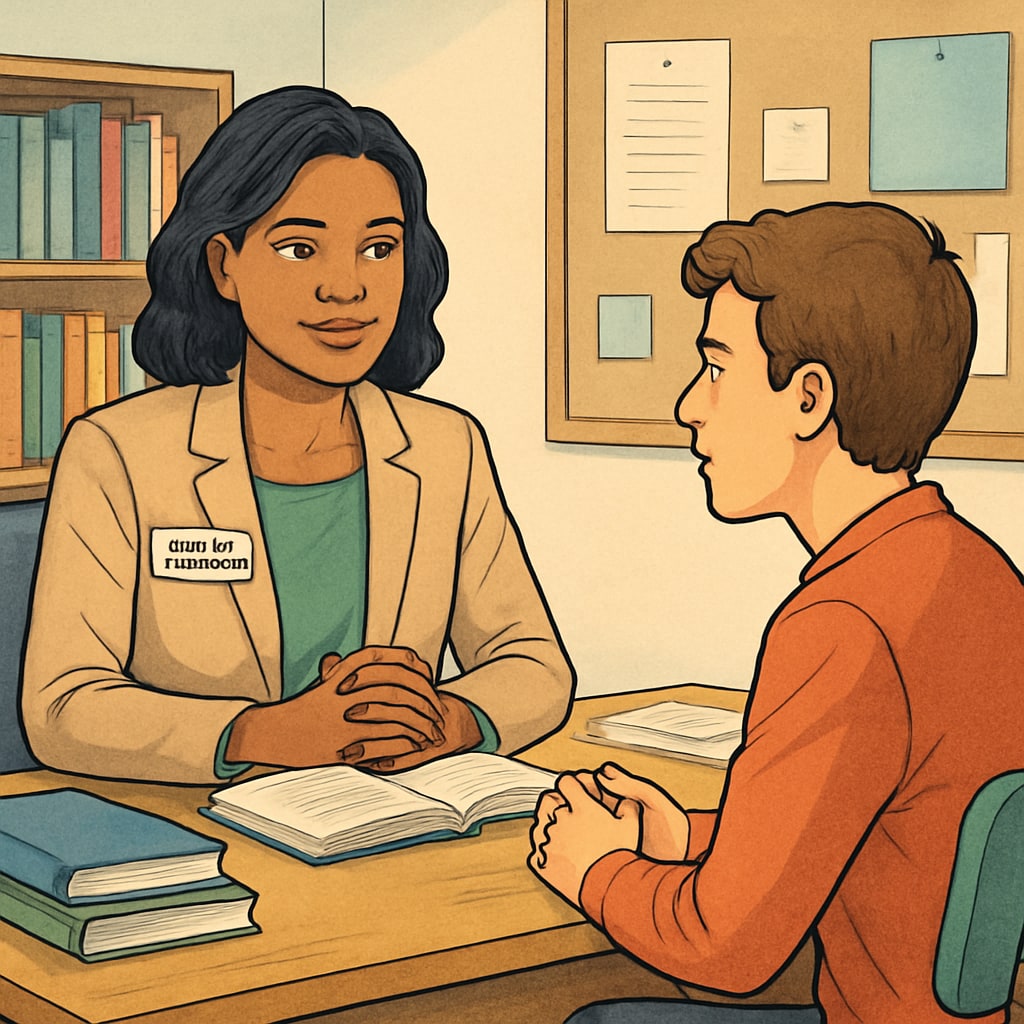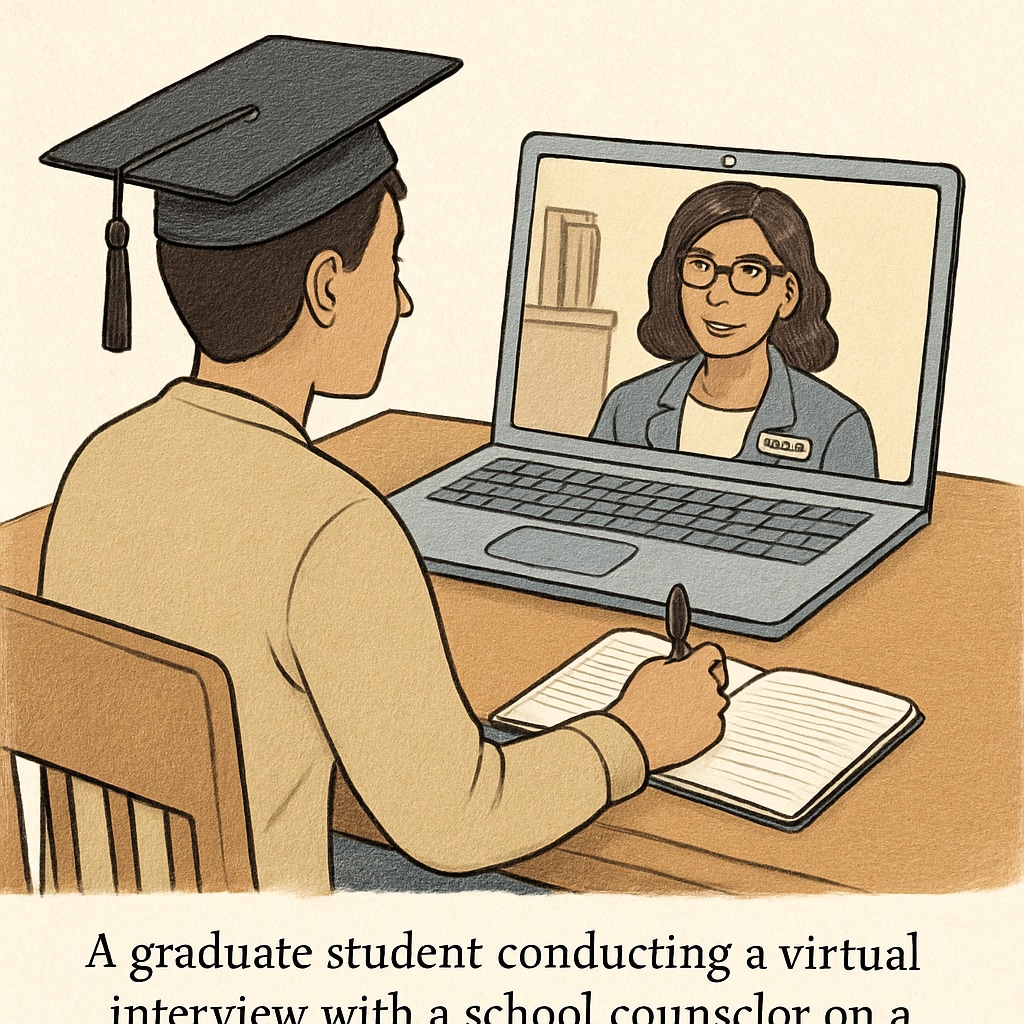In the field of education, the role of school counselors in K-12 settings is increasingly recognized as essential. Graduate students, often tasked with conducting research and completing assignments, face a significant challenge: finding the right school counselors to interview. This article delves into the critical importance of building connections between researchers and practitioners, offering insights and actionable strategies to bridge the gap.
The Indispensable Role of School Counselors
School counselors serve as a linchpin in the K-12 education system, providing academic, emotional, and social support to students. Their responsibilities include guiding students through academic planning, addressing mental health concerns, and fostering career readiness. According to the American School Counselor Association, their work directly impacts student success and well-being. However, while their expertise is invaluable, it is often underutilized in academic research.

Challenges Graduate Students Face in Finding Interviewees
When it comes to academic assignments, graduate students often struggle to identify and secure interviews with school counselors. This difficulty arises from several factors:
- Time Constraints: Counselors often have packed schedules, leaving little room for external commitments.
- Lack of Access: Graduate students may lack connections within school systems, making outreach challenging.
- Data Privacy Concerns: Schools are protective of student data, which can make administrators hesitant to grant access.
As a result, many students find themselves stuck, unable to complete their assignments effectively.
Strategies to Connect Researchers and Practitioners
To overcome these barriers, it’s essential to establish a framework that facilitates collaboration between educational researchers and school counselors. Here are some strategies:
- Utilize Professional Networks: Platforms like LinkedIn and organizations such as the National Association of School Psychologists can help identify potential interviewees.
- Engage Gatekeepers: Reach out to school administrators or district leaders to gain initial access and endorsements.
- Offer Value: Highlight how the research can benefit the school or counseling program, such as by sharing findings or providing resources.
- Be Flexible: Accommodate the counselor’s schedule, even if it requires evening or virtual meetings.

Fostering Long-Term Collaboration
Beyond individual assignments, fostering a culture of collaboration between educational researchers and school counselors can lead to long-term benefits. Schools can establish partnerships with universities, creating opportunities for ongoing research and resource sharing. In addition, integrating counselors into the research process ensures that findings are practical and applicable to real-world settings.
As a result, not only do graduate students gain valuable insights, but schools also benefit from evidence-based strategies that improve student outcomes.
Conclusion
Building bridges between school counselors, graduate students, and researchers is essential for advancing educational practices. By addressing the challenges of access and communication, we can create a collaborative environment where both research and practice thrive. Whether you are a student seeking to complete an assignment or a counselor looking to contribute to the field, fostering these connections is a step toward meaningful progress.
Education is, at its core, a shared mission. Together, researchers and practitioners can ensure that every student receives the support they need to succeed.


